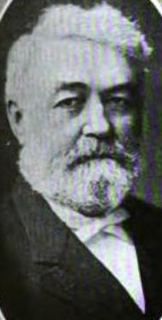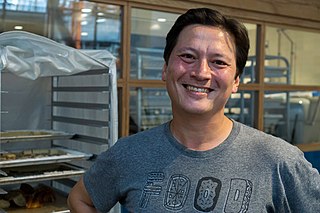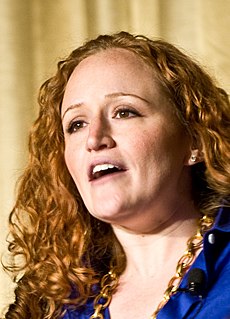A Quote by Anthony Doerr
We live in a culture that venerates scores. We affix numbers to how much fat is in our mochachinos, how quickly our telephones suck information from the air, how much pain we're in. Reading, too, has become a skill to quantifiably assess.
Related Quotes
Money and prices and markets don't give us exact information about how much our suburbs, freeways, and spandex cost. Instead, everything else is giving us accurate information: our beleaguered air and watersheds, our overworked soils, our decimated inner cities. All of these provide information our prices should be giving us but do not.
I think that it is a part of growing up, learning to control our suffering. I think that when we grow up, and learn that happiness is rare, and passes quickly, we become disillusioned and hurt. And how much we suffer is a mark of how much we have been hurt by this realisation. Suffering, you see, is a kind of anger. We rage against the unfairness, the injustice of our sad and sorry lot.
I am always struck by how difficult it is for people to see how much cruelty they are bringing not only upon animals but upon themselves and their loved ones and other people, how much we are screwing up the planet, how much we are hurting our own health, how hard it is to change all that, how eager people are to make a buck at everybody else's expense - all those things are discouraging.
Good description is a learned skill, one of the prime reasons why you cannot succeed unless you read a lot and write a lot. It’s not just a question of how-to, you see; it’s also a question of how much to. Reading will help you answer how much, and only reams of writing will help you with the how. You can learn only by doing.
How many slams in an old screen door?
Depends how loud you shut it.
How many slices in a bread?
Depends how thin you cut it.
How much good inside a day?
Depends how good you live 'em.
How much love inside a friend?
Depends how much you give 'em.”
? How Many, How Much by Shel Silverstein
“Tell the truth, or someone will tell it for you.
People are usually too busy counting the things they don't have. They notice how much more money their neighbor has, how much further ahead in spiritual unfoldment someone else is, and so on. But if we stop to count our blessings, to realize how much we do have and be grateful for it, then the heart is kept open to love and all the gifts that love brings, including the possibility of healing.






































